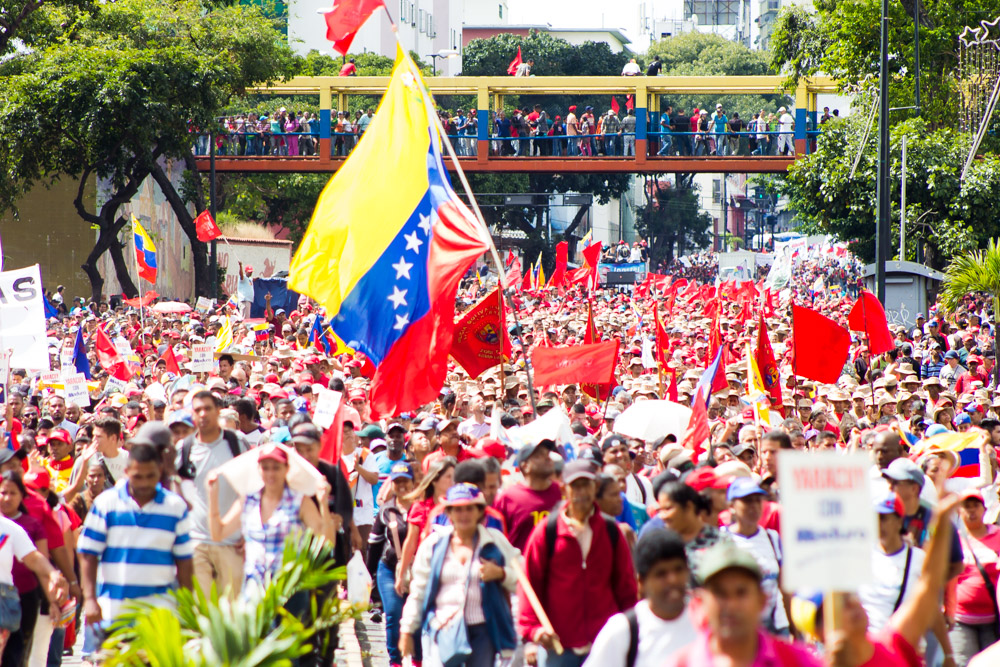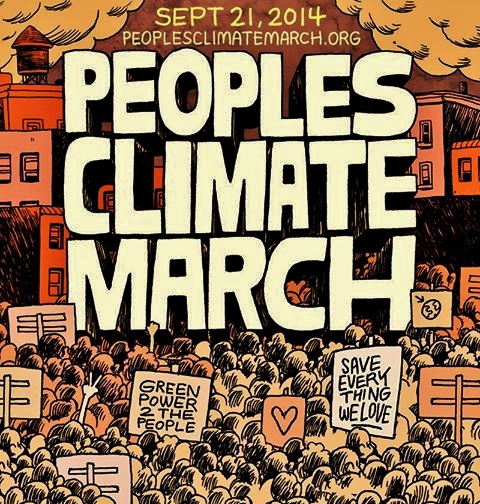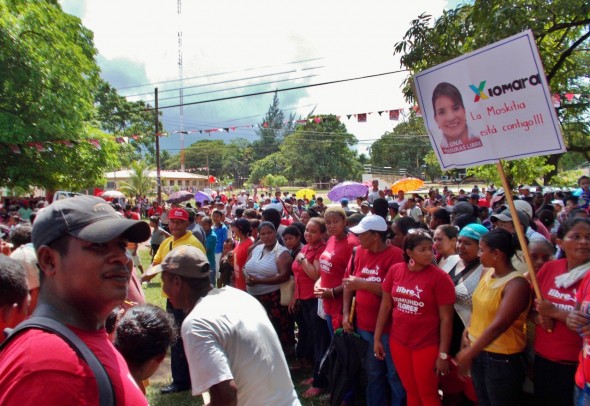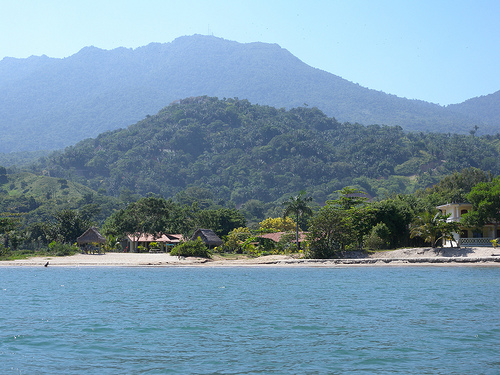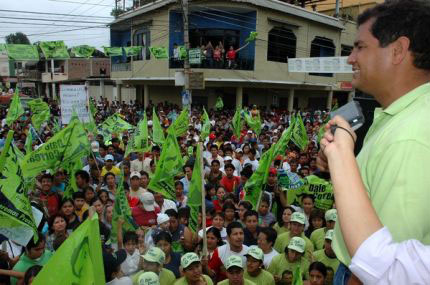An attempted coup is underway in Venezuela, call it what you like. While the Bolivarian Revolution has had its problems, U.S. sanctions have devastated its economy and people. Negotiations led by Mexico, Uruguay, and the Vatican are the only sane way forward.
Tag: corporatocracy
People’s Climate Movement: The End of Business as Usual
In light of the People’s Climate Mobilization in New York and worldwide, Sabina Virgo writes on the need to build a movement using the examples of fights for civil rights, feminism and peace, based on the principle that corporate-centered business as usual must end, bringing about a just transition to a sustainable economic model that creates jobs and prosperity for all while protecting our fragile ecological balance.
Honduran Election: Neoliberal Militarization Versus The People
Military and judicial violence against the public and in post-coup Honduras leading up to the coming November elections are central components of the neoliberal economic takeover. In order to legitimate and secure the economic violence effected against Honduran citizens by multinational corporations, the judiciary criminalizes opposition to them while the military (along with other state security forces) goes after citizen-“criminals” with an iron fist.
Model Cities: Neo-Colonialists Seek Submissive Wild For Capitalist Utopia
Neo-colonialism in Honduras: Paul Romer’s Charter Cities movement advocated suspension of sovereignty and democracy in the service of unfettered capitalism. Unfortunately, the enabling legislation was deemed by the Honduran Supreme Court as unconstitutional. While the coup-backed government of Honduras presses the issue forward, resistance members and indigenous and labor organizations continue to fight this libertarian dream on the Coast of Trujillo.
Correa’s Ecuador: Police Insurrection Fails as Coup But Challenges Remain
The police insurrection turned failed coup d’état against Ecuador’s President Rafael Correa illustrates the many shades of gray between national sovereignty, ethnic and regional autonomy, multinational corporate development interests, and international political movements.

